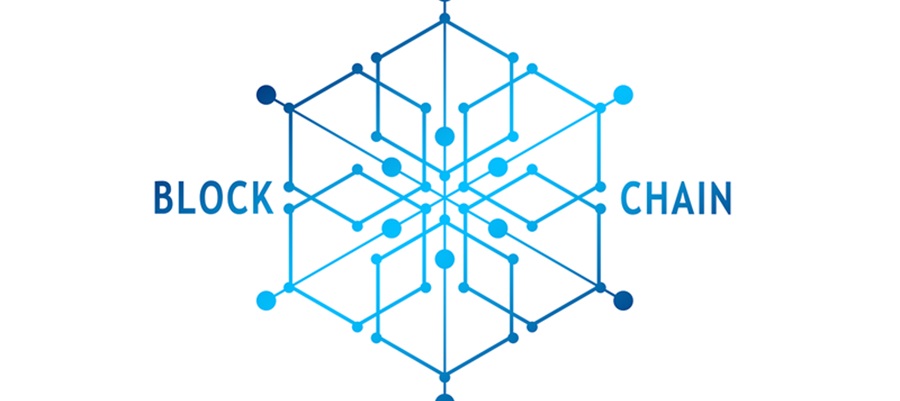In an era increasingly characterized by regulatory pressures and a pressing need for individual empowerment, Consensys has made a significant move with the launch of sovs.xyz, a new platform built on its Linea zkEVM rollup. At the Ethereum Devcon in Bangkok, Joseph Lubin, founder of Consensys, vocalized his criticism of the SEC, accusing it of stifling the progress of the crypto industry through its regulatory overreach. He highlighted that the prolonged atmosphere of uncertainty and fear had overshadowed the industry, making it innovate under duress. Against this backdrop, the initiative represents a bold stride towards fostering greater decentralization and personal sovereignty within the Web3 ecosystem, closely aligned with Consensys’ broader vision and objectives.
The platform, sovs.xyz, draws inspiration from Vitalik Buterin’s pioneering ideas on network states and pop-up cities. Vitalik’s vision seeks to allow online communities to eventually manifest into physical communities with aspirations for political autonomy. Sovs.xyz aligns with this by enabling users to declare their personal sovereignty, supporting the creation of stronger, sustainable, and equitable communities via decentralized technology. Aimed at integrating various facets of life with blockchain, it encompasses finances, identities, communications, art, and entertainment onchain. This holistic approach reflects Consensys’ commitment to living more aspects of our lives within the decentralized framework of blockchain technology.
Lubin’s Critique of Regulatory Overreach
Lubin’s vehement criticism of government agencies like the SEC underscores a broader sentiment within the cryptocurrency community. Often seen as imposing undue constraints, these bodies have been accused of hindering innovation through unclear and overly stringent regulations. Lubin’s remarks at Ethereum Devcon highlight a deeper frustration: that despite developing groundbreaking technologies with far-reaching potential, the industry has faced a climate fraught with uncertainty. Such a climate has inevitably slowed progress, as developers and entrepreneurs are compelled to tread cautiously to avoid regulatory repercussions.
The creation of platforms like sovs.xyz can be seen as a direct response to this regulatory environment. By promoting decentralization and personal sovereignty, Consensys seeks to offer a haven from the restrictive frameworks that traditional regulatory bodies impose. This proactive stance indicates not just a technological shift but a philosophical one, where developing solutions rooted in blockchain technology is seen as a pathway to greater freedom and autonomy for individuals. Lubin’s outspoken stance provides a rallying cry for the industry to continue pushing the boundaries, leveraging innovative solutions to transcend the limitations posed by current regulatory paradigms.
The Network State and Personal Sovereignty
The notion of network states and pop-up cities, as proposed by Vitalik Buterin, forms a significant conceptual foundation for platforms like sovs.xyz. A network state, in essence, describes an online community that grows robust enough to establish physical communities with clear political and social objectives. Pop-up cities take this idea further, suggesting that these communities can achieve a degree of political autonomy. Consensys’ new platform effectively operationalizes these theoretical ideas by providing a space where users can assert their personal sovereignty within the blockchain framework.
On sovs.xyz, users engage in a technologically mediated form of community building that prioritizes decentralization and sustainability. By leveraging decentralized technologies, the platform aims to create communities that are not only self-sufficient but also equitable. This includes integrating various aspects of life—ranging from finances and identities to communications, art, and entertainment—into a single, coherent onchain presence. The potential of this platform lies in its ability to reimagine and reconstruct normative social structures, using blockchain’s inherent advantages like transparency, security, and immutability. This approach not only champions individual empowerment but also fosters stronger, more cohesive communities aligned with the ethos of decentralization.
Striving for Decentralization in a Regulatory World
The overarching trend within the Ethereum and broader blockchain ecosystem is a decisive push toward decentralization. Platforms like sovs.xyz symbolize a concerted effort to empower individuals in the face of regulatory challenges. The consensus among industry leaders is that while bodies like the SEC endeavor to place constraints on these emerging technologies, the crypto world continues to innovate and build solutions that champion freedom and personal autonomy. Consensys’ efforts to navigate and counteract regulatory challenges signify strategic positioning in anticipation of an increasingly decentralized and self-sovereign future.
This movement has far-reaching implications, particularly at a time when regulatory scrutiny is intensifying. The emergence of platforms that prioritize individual sovereignty indicates a paradigm shift in how communities are formed and governed. Not merely confined to the digital arena, these platforms are poised to reshape both the philosophical and practical aspects of societal development. By harnessing the power of blockchain, Consensys and others in the field aim to engender a future where decentralization is not merely an ideal but a tangible reality, mitigating the overreach of traditional regulatory frameworks while promoting innovative, equitable community structures.
A Future of Self-Sovereignty
In an era marked by increasing regulatory pressures and a need for individual empowerment, Consensys has launched sovs.xyz, a platform based on its Linea zkEVM rollup. At Ethereum Devcon in Bangkok, Joseph Lubin, founder of Consensys, criticized the SEC for hindering the crypto industry’s progress through excessive regulation. He pointed out that this prolonged environment of uncertainty has forced the industry to innovate under pressure. In this context, the initiative aims to promote greater decentralization and personal sovereignty within the Web3 ecosystem, aligning with Consensys’ broader vision and goals.
Inspired by Vitalik Buterin’s ideas on network states and pop-up cities, sovs.xyz seeks to transition online communities into physical communities with political autonomy aspirations. The platform enables users to declare personal sovereignty, fostering strong, sustainable, and equitable communities through decentralized technology. It integrates various aspects of life with blockchain, including finances, identities, communication, art, and entertainment. This approach underscores Consensys’ dedication to integrating more aspects of our lives within the decentralized framework of blockchain technology.

